Be they scholars or enthusiasts, millions have bowed at the feet of Joyce, to be confounded or delighted, in equal measure.
In celebration of the enduring fascination with this book, we thought it would be only right to read Ulysses ourselves for the first time, beginning on the original publication date, 2nd February, and ending on Bloomsday, 16th June.
The following are our thoughts.
Ryan
I find myself drawn to a quote from A Bit of Fry & Laurie in trying to sort my feelings about this book.
Hold the newsreader’s nose squarely, waiter, or friendly milk will countermand my trousers. Perfectly ordinary words, but never before put in that precise order.
Locked in that beautifully insane quotation lies the myriad wonders of Ulysses. In every conceivable way, Joyce twists language and style, at times virtually beyond recognition, to elevate the events of June 16th 1904 into the Mythic realm, breathing the thin air shared by few, before or since. That these events can correlate with different organs, symbols, forms of art, or narrative style, humbles me in that it can dance on that threadbare line between true originality and insanity.
I was innately drawn to the weirdness and epic scope of Ulysses. While I’ve read some strange things in my life, at times here I felt like what I thought of as strange was fairly sanity-adjacent all along. Like many others before me, I naively assumed that chapters like Proteus (Ch. 3) or Oxen of the Sun (Ch.14) couldn’t possibly be so oblique, and would yield their meaning with modest effort. Even Joyce scholars wilfully acknowledge that there are parts of the book that are simply to be suffered through. I won’t pretend I cackled with sinister, linguistic delight in reading these particular chapters, but in considering the intent and execution of them, I remain in awe.
Having seen it through to the end, it occurs to me that apprehending the full meaning of something doesn’t always matter that much to my enjoyment. I’m led to believe the sky is blue, and am perfectly content for someone else to know why.
With a combination of factors, I managed to finish the book and mostly enjoy myself. An admittedly tyrannical reading schedule, a good guidebook (read further for a selection of good guidebooks), and a break in the middle as a sort of palate cleanser ahead of the final push. As for how much of that was obstinance or the joy of reading, it varied from chapter to chapter.
Having unwieldingly said the above, by all means don’t finish the book. I would merely argue that you try, as you’ll either stumble on to something life-altering that you love wholeheartedly, or be more informed in your disdain. Or indeed, anywhere between.
Ciara
I felt so sure that I would complete Ulysses when I was reading it, I wanted my experience of it to have a beginning and an end, and I can’t help but look at my copy sadly. My bookmark remains a few pages into Circe, the fourth chapter from the end, and has stood guard between pages 566 and 567 since Easter Sunday, the day my family suffered a sudden bereavement.
For now, this is my experience of reading Ulysses.
Ulysses might be the literary equivalent of the 10,000 metres in the Olympics, and I am an athlete who failed to cross the finishing line. I find myself disappointed, and feeling like a fraud, when writing about my thoughts on Ulysses. At the beginning of the odyssey I was riding high on Ulysses, reading as much about it as I was reading it. Consulting the Gilbert schema at the start of every new chapter, I dived deeper, click after click on links leading to various articles, I became an enamoured nerd in awe of what Joyce set out to do, and what he achieved. I purchased Declan Kiberd’s Ulysses and Us: The Art of Everyday Living with the intention to read it alongside the novel. The moment of Ulysses that clicked for me, and when I finally settled in, was in Calypso, at home with Leopold Bloom and his cat, before he sets out for the day on June 16th 1904. After that, it has admittedly at times been a blur. I put Declan’s book to the side, feeling that I might have been overwhelming myself, and decided to take the pressure off this first reading (for I became sure quite quickly that this is not a one-time thing, and that this book is one that would be tried and tried again) by just deciding enjoy the prose like poetry – not entirely sure of what is going on, who we are with, or where we are – basking in its uniqueness and letting the imagery play in my mind. Trying any harder, or burdening myself with reading companion guides, was giving me a headache and making the whole experience feel like a task. What I feel I can say with certainty, so far, is that there are passages of such remarkable beauty, and being lucky enough to be able to read it in the original language itself is enough of a reward and reason to read it. I will dive in again, for Ulysses is not a one-time thing. The impact of Ulysses is such that it is a part of my life now. My experience, ongoing.
____________________________________________________________________________
Ryan
In truth, there has never been a better time to be alive in terms of being able to appreciate every aspect of the novel if you choose. Cast all your pity back to a time before the Gilbert Schema, for instance.
In the spirit of this, I would like for a moment to peddle the wealth of guidebooks that enriched the whole experience for me.
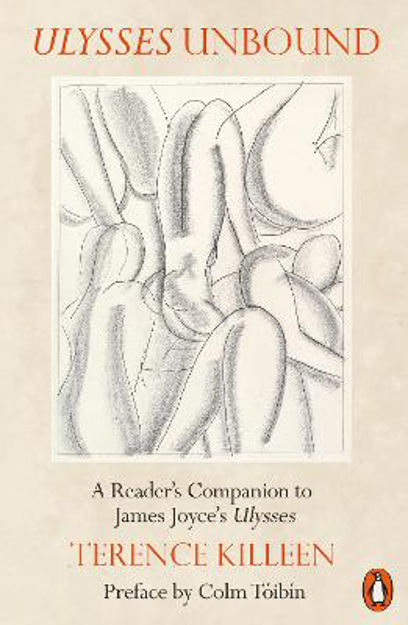
Ulysses Unbound by Terence Killeen.
I found this guidebook particularly useful, in that it is concise and structured in all the ways Ulysses isn’t. Reading the corresponding chapter in this guidebook beforehand, gave me enough context to appreciate the stylistic and linguistic playfulness fully.
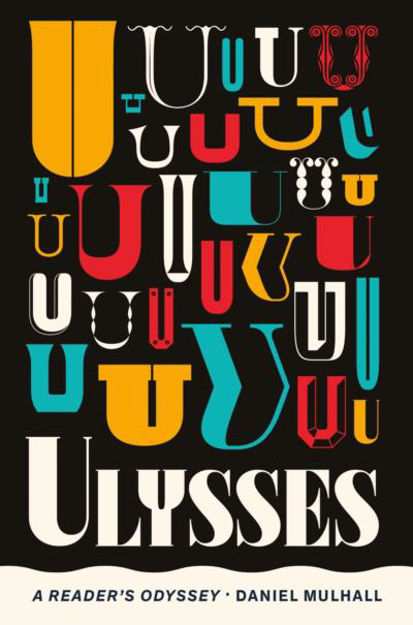
Ulysses: A Reader’s Odyssey by Daniel Mulhall.
Mulhall has given countless lectures on Ulysses internationally. His experience relating the innate Irishness of the work to audiences all over the world helps make accessible those cultural tidbits that some of us take for granted.
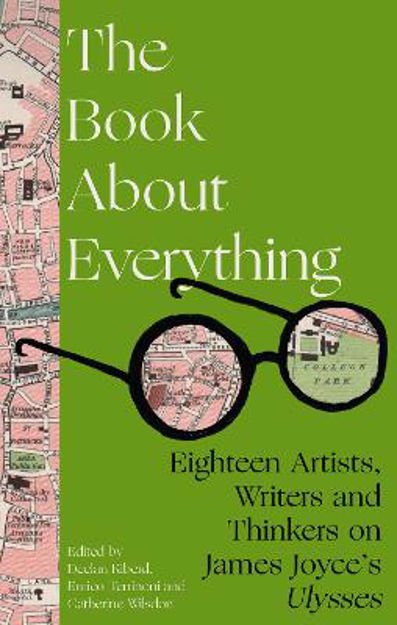
The Book About Everything by Declan Kiberd.
Featuring authors such as Lara Marlowe, Joseph O’Connor, and Rhona Mahony. It offers a less scholarly bent, focusing instead on the personal experiences of those involved. Also fascinating about this guidebook is seeing first hand the influence Ulysses has had on all who came after.
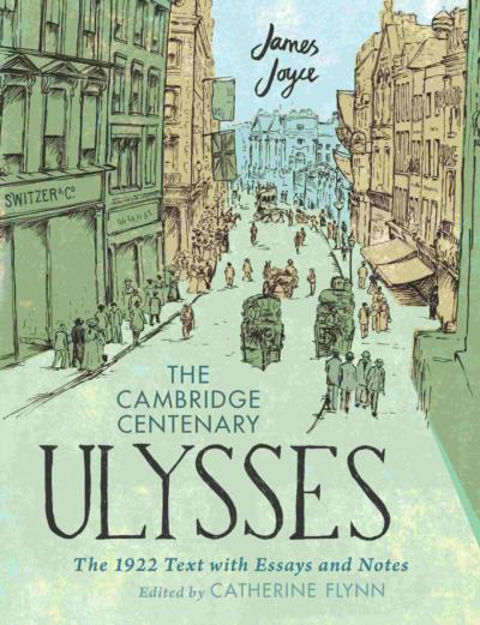
Ulysses (The Cambridge Centenary Edition) by James Joyce.
If seismic heft matters to you, then this is your book!
Here we have the original 1922 text, surrounded by copious footnotes, maps, photos, essentially every bit of contextual information you could need to appreciate Ulysses.
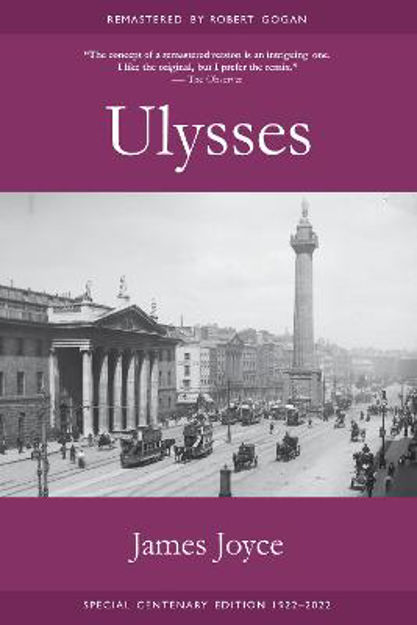
Ulysses, Remastered Centenary Edition by James Joyce.
Not a guidebook per se, but the original 1922 text restructured, adding in extra punctuation, separation between dialogue and internal monologue, etc, to make the work easier to follow.

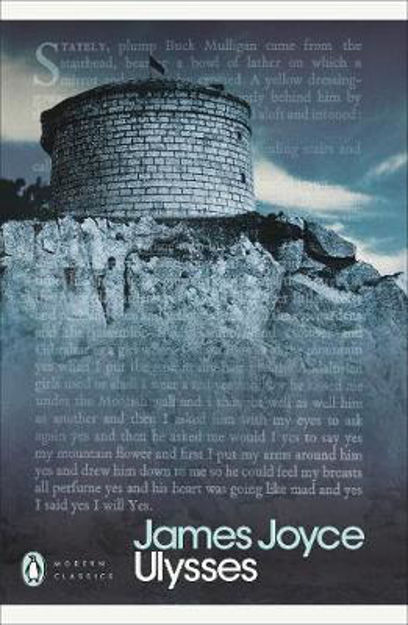
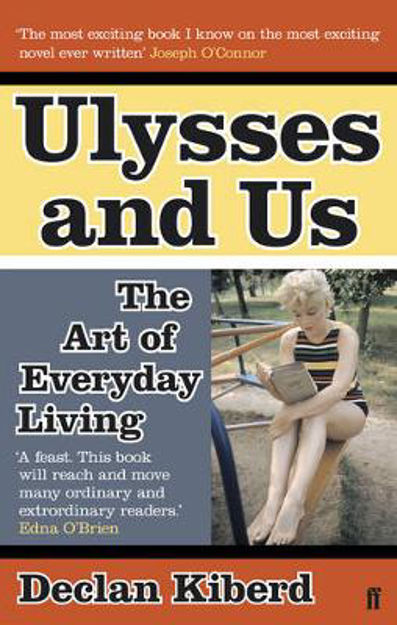


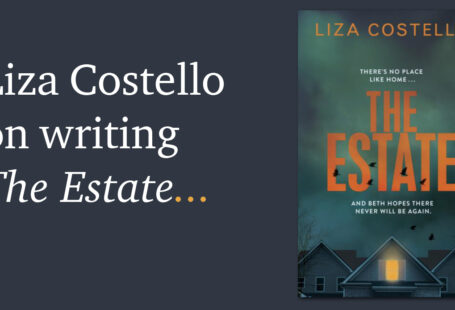

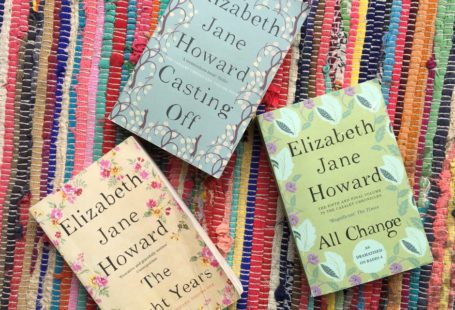
Recent Comments